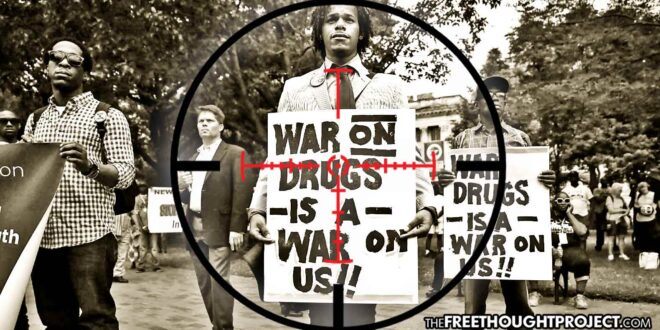New Study: Drug Legalization Leads to Significant Reduction in Foster System Admissions
Richard Nixon, in his effort to silence black people and antiwar activists, brought the War on Drugs into full force in 1973. He then signed Reorganization Plan No. 2, which established the Drug Enforcement Administration (DEA). Over the course of five decades, this senseless war has waged on. At a cost of over $1 trillion — ruining and ending countless lives in the process — America’s drug war has created a drug problem that is worse now than ever before. This is no coincidence. For years, those of us who’ve been paying attention have seen who profits from this inhumane war — the police state and cartels. For decades, millions of Black men — whose only “crime” was possession or sale of crack — were torn from their home and incarcerated. This led to millions more children growing up in fatherless environments which, in turn, put these future families in major deficits from their difficult childhoods. The effects have spanned decades and have turned once thriving communities into high-crime areas in which violence is the only constant. When we add marijuana prohibition into the equation, the damage done to the American family through the enforcement of the drug war could be considered a crime against humanity. Drug laws are now evolving but not fast enough. Despite knowing the effects of mass incarceration for victimless crimes, the state still aggressively pursues people for non-violent drug possession. Perhaps with the release of a new study out of Oxford, Mississippi published in the journal Economic Inquiry, this paradigm of destroying families over the war on drugs subsides more quickly. In the study, titled, Recreational marijuana legalization and admission to the foster-care system, a pair of economists with the University of Mississippi assessed foster care admission trends in states pre and post-legalization. What they found was both encouraging and infuriating at the same time.



